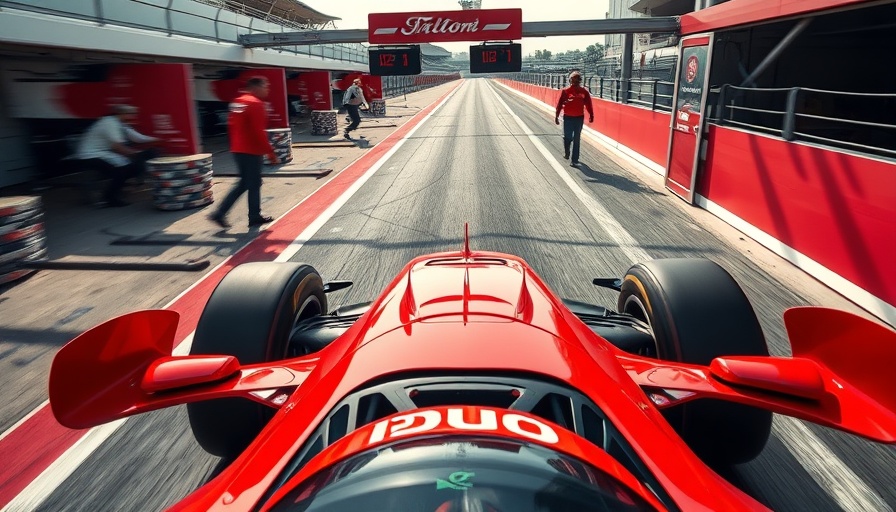
NASCAR’s In-Season Challenge: A Misguided Experiment
The introduction of NASCAR's In-Season Challenge was intended to bring a fresh, dynamic approach to the sport, echoing formats seen in other competitive arenas like the NBA. However, it quickly highlighted the unique challenges of translating head-to-head competition into the world of motorsports. Unlike basketball, where individual performance can be isolated and measured, racing requires look at collective factors: strategies, teams, and mechanical nuances, all of which are inherently different from player vs. player matchups.
When Head-to-Head Turns into Head-Scratching
At first glance, the bracket-style competition may seem exciting; however, the reality was anything but exciting. The first round of the tournament saw a significant number of drivers eliminated due to crashes, leading to absurd situations where a driver who finished poorly advanced simply because they were paired against someone who crashed. For example, Ty Dillon, who made it through shocking circumstances, effortlessness showcased how flawed the format was. Winning or losing in NASCAR isn’t just about going faster; it works through a complex interaction of teamwork, skill, and sometimes just plain luck. The stakes of competition were skewed by an arbitrary head-to-head structure.
The Emotional Side of Car Racing
The departure from familiar scoring methods transformed what could have been engaging battles into a spectacle that often left fans scratching their heads. Rather than uniting fans around collective excitement and the nuances of racing, the challenge turned into a parade of unclear expectations. When Bubba Wallace celebrated his win at the Brickyard 400, it was contrasted sharply by the silliness of others cheering for mediocre finishes. Fans come to the track not just for individual performers, but to witness the art and science of racing unfold. When that is compromised, the emotional core of the sport fades.
Learning from the Past
This situation serves as a timely reminder of the importance of preserving competitive integrity in sports. NASCAR has a rich tradition that fans hold dear, and while innovation plays an integral role in keeping things fresh, the fundamental aspects of the sport should be respected. It's essential to understand what makes sources of competition compelling before changing the framework or introducing new formats. In this case, the allure of individual struggles—a hallmark of racing’s high stakes—was sacrificed in a misguided attempt at modernization.
The Road Ahead: Future Patterns
As NASCAR considers the feedback from this tournament experiment, it must reassess how to effectively engage its audience without compromising its core values. Moving forward, a more traditional point system could enhance not only fan engagement but also fairness in the competition. Learning from successful elements of other sports is beneficial, but applying them too literally can yield disappointing outcomes.
What's Next for NASCAR?
While the in-season challenge provided insights into the pitfalls of head-to-head racing formats, it also opened the door for NASCAR to innovate responsibly. Future tournaments could look to enhance the excitement and competitiveness of the season without straying too far from its foundational principles. This balance is crucial for maximizing excitement for both fans and drivers alike.
 Add Row
Add Row  Add
Add 




Write A Comment